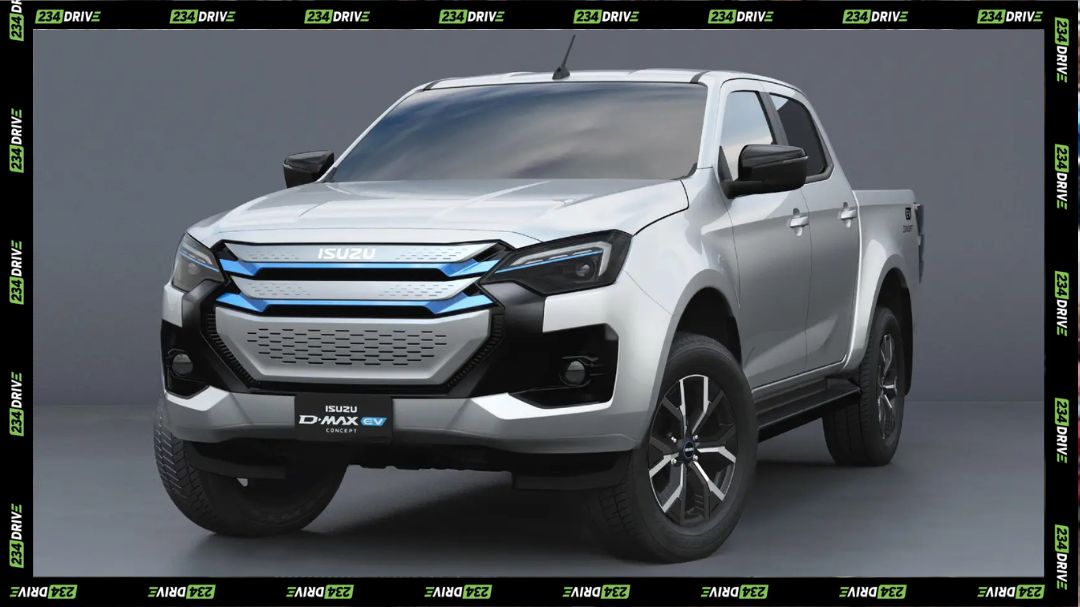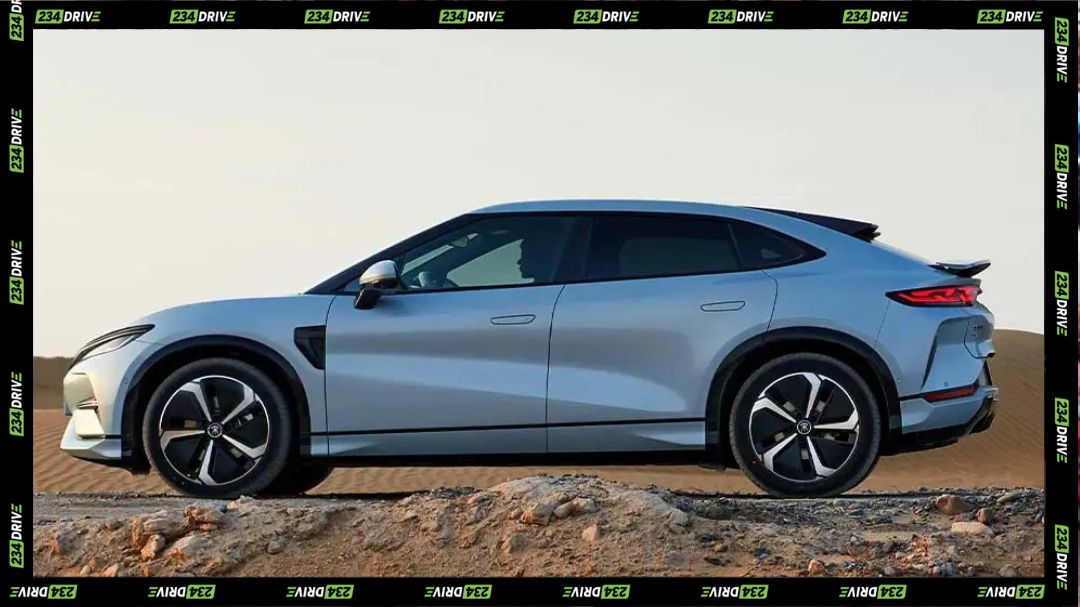Ghana is aggressively pitching itself to Chinese investors as a future hub for electric vehicles (EVs).
Simon Madjie, Chief Executive Officer of the Ghana Investment Promotion Centre (GIPC), made the appeal in Beijing during the Presidential Investment Forum on the 14th of October, held alongside President John Dramani Mahama’s state visit to China. The West African nation wants to become the region’s hub for EV manufacturing, assembly, and battery production and is inviting Chinese companies to help make that happen.
Madjie outlined bold national targets: 70% EV adoption by 2045 and 1,000 public charging stations by 2028, even though the country currently operates only seven.

Reaching the target for the charging stations alone would mean adding around 30 new charging points each month, a pace that would challenge even nations with advanced EV infrastructure. Yet he argued that Ghana’s strategic position with access to regional markets through AfCFTA and ECOWAS makes it an ideal launchpad for investors.

The GIPC CEO also highlighted the country’s renewable energy potential and deposits of lithium, manganese, and bauxite as natural foundations for a green manufacturing base. He urged Chinese companies to consider locations such as the Dawa Industrial Zone and Appolonia City, where existing infrastructure and tax incentives already attract foreign firms.
Madjie noted that Chinese investment in Ghana has surpassed $3.9 billion over the past decade, mainly in manufacturing, with companies like KEDA and Sunda creating thousands of jobs.
Still, the challenge remains substantial, as in many African countries, power supply remains a major constraint for EV infrastructure. Ghana’s grid capacity hovers around 5,000 megawatts for nearly 35 million people, and power cuts are common. Expanding electricity generation and reliability will determine whether the country’s EV dreams can move from promise to production.
Even the country’s mineral resources, though abundant, currently do not match the scale needed for self-sustained development. Commercial lithium mining and battery-grade processing are still in their early stages. During the same visit, President Mahama unveiled a 20-year Green City Project spanning the Greater Accra, Volta, and Eastern regions. The initiative aims to blend smart infrastructure with environmental design, aligning with Ghana’s broader industrial and climate transition plans.
Ghana’s push also comes at a time when Nigeria, traditionally the first stop for investors targeting the sub-Saharan automotive market, is taking a different route. Nigeria, one of Africa’s largest economies, has chosen to prioritise compressed natural gas (CNG) at the moment over electric mobility, positioning it as a cheaper and more immediate transition away from petrol. The Nigerian government recently partnered with local producers Innoson to establish a CNG assembly plant in Bayelsa State, an initiative expected to create over 1,000 jobs and accelerate domestic gas adoption.

While it still moves to support the cleaner fuel initiative, it could cause Nigeria to lag behind in the electric vehicle wave sweeping across Africa. With policy momentum now favoring gas conversion rather than electrification, investors seeking long-term EV opportunities may look to emerging hubs like Ghana, Kenya, or Morocco instead.









